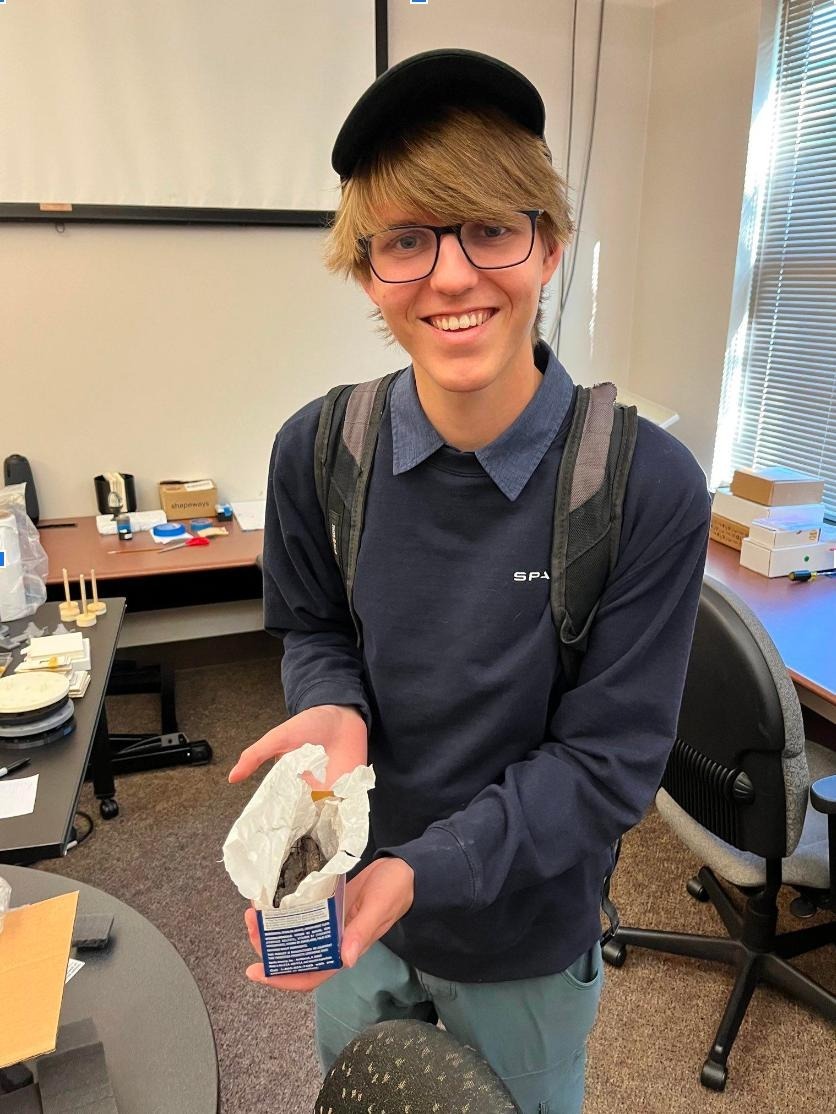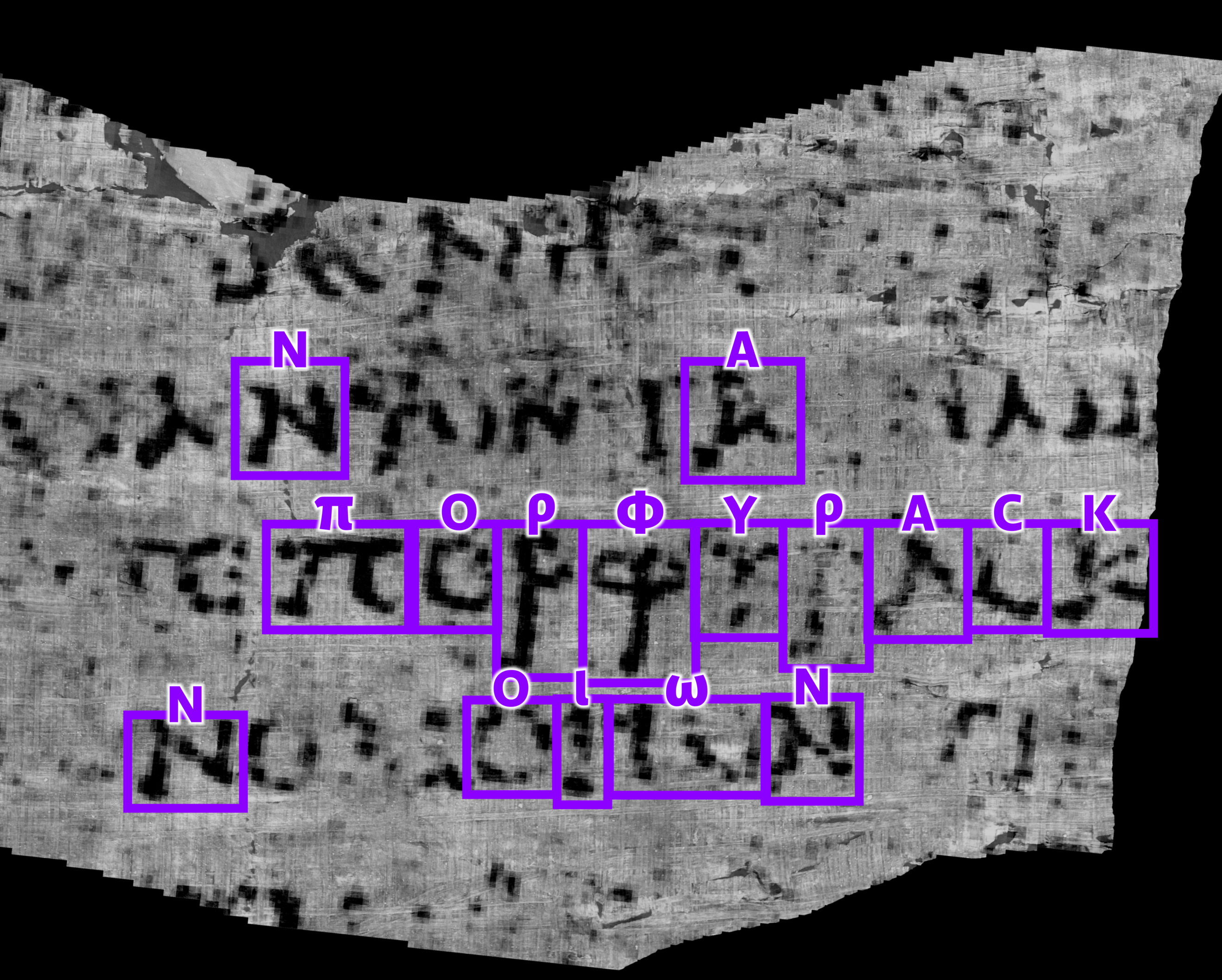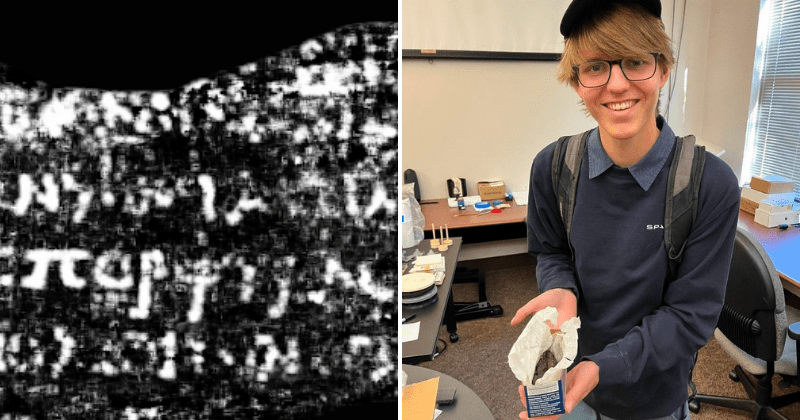Artificial Intelligence has become a force to be reckoned with. In just a matter of a year, new AI tools and advancements have changed the way humans use technology. From using simple design tools to raising people from the dead, AI can do even the unimaginable now.
Jump to
- Who is the student who used AI to decode an ancient scroll?
- What is the Vesuvius challenge?
- Where and when was the result announced?
- How did the student decode the letters?
Who is the student who used AI to decode an ancient scroll?

Vesuvius Challenge
Using artificial intelligence, a University of Nebraska student has etched his name into the history books by unraveling a portion of a 2,000-year-old scroll. Luke Farritor became a pioneer in deciphering a word from ancient scrolls during the Vesuvius Challenge.
What is the Vesuvius challenge?
Vesuvius Challenge
The Vesuvius Challenge invites participants to use contemporary technology to unravel the mysterious contents of ancient rolled papyrus scrolls. Sourced from an ancient library in the Roman city of Herculaneum, these scrolls were preserved as charcoal due to the eruption of Mount Vesuvius in AD 79 and are exceptionally delicate.
Where and when was the result announced?
Vesuvius Challenge
It was on October 12, 2023, when the Vesuvius Challenge revealed in a press conference that the 21-year-old computer science student had bagged the “First Letters” prize, a prize of $40,000 (over Rs 33 lakh). This achievement was obtained by successfully decoding and understanding more than 10 characters within a four-square centimeter section of a scroll.
How did the student decode the letters?

Vesuvius Challenge
Farritor devised a machine learning algorithm that allowed him to identify various letters on the scroll over time. The word he discovered was “Porphyras,” which translates as “purple,” the Vesuvius Challenge website revealed, marking a significant breakthrough.
Farritor became the first participant to meet the contest criterion of submitting the required number of clear letters.
For more trending stories, follow us on Telegram.
Categories: Trending
Source: vtt.edu.vn
